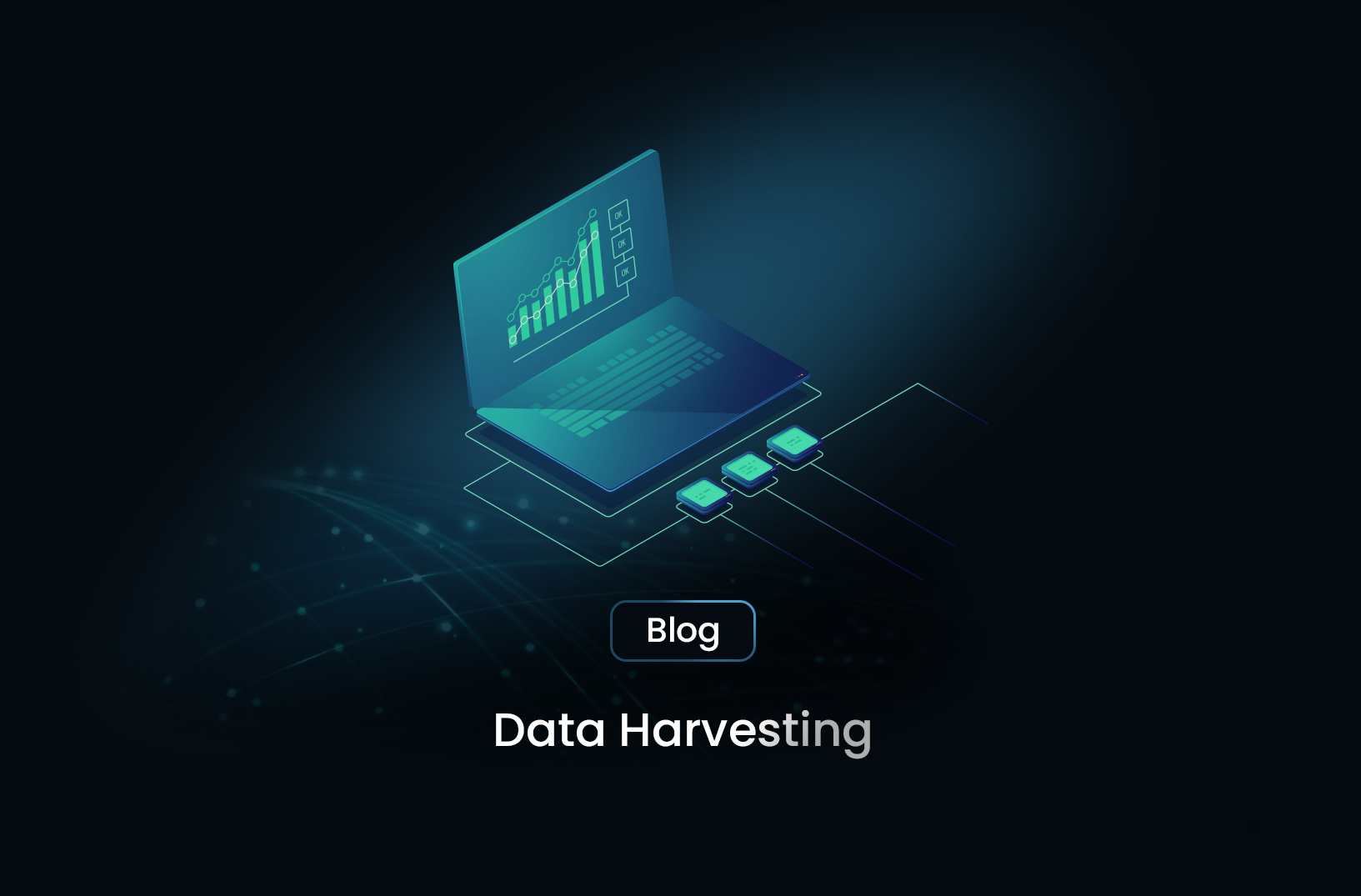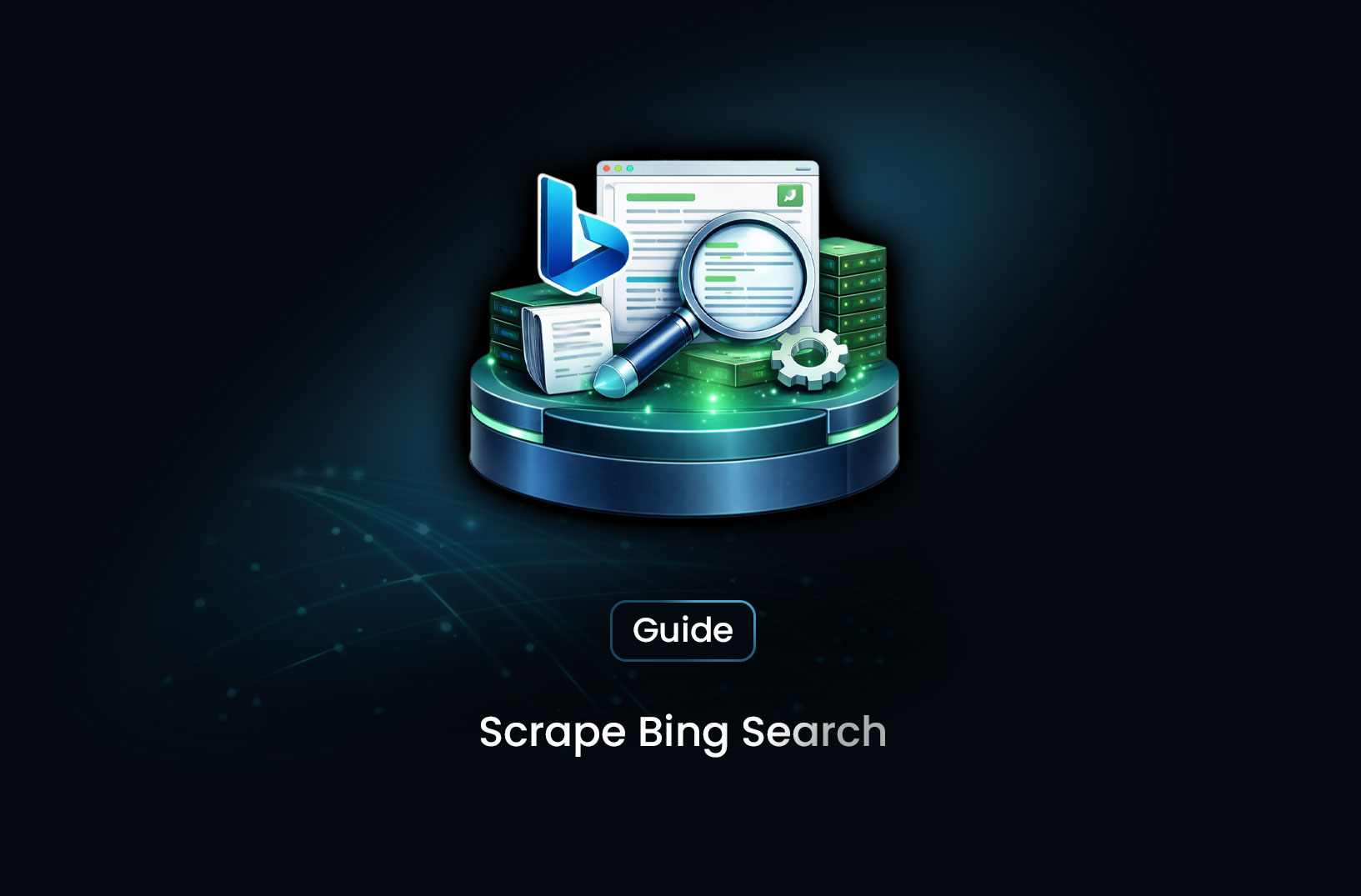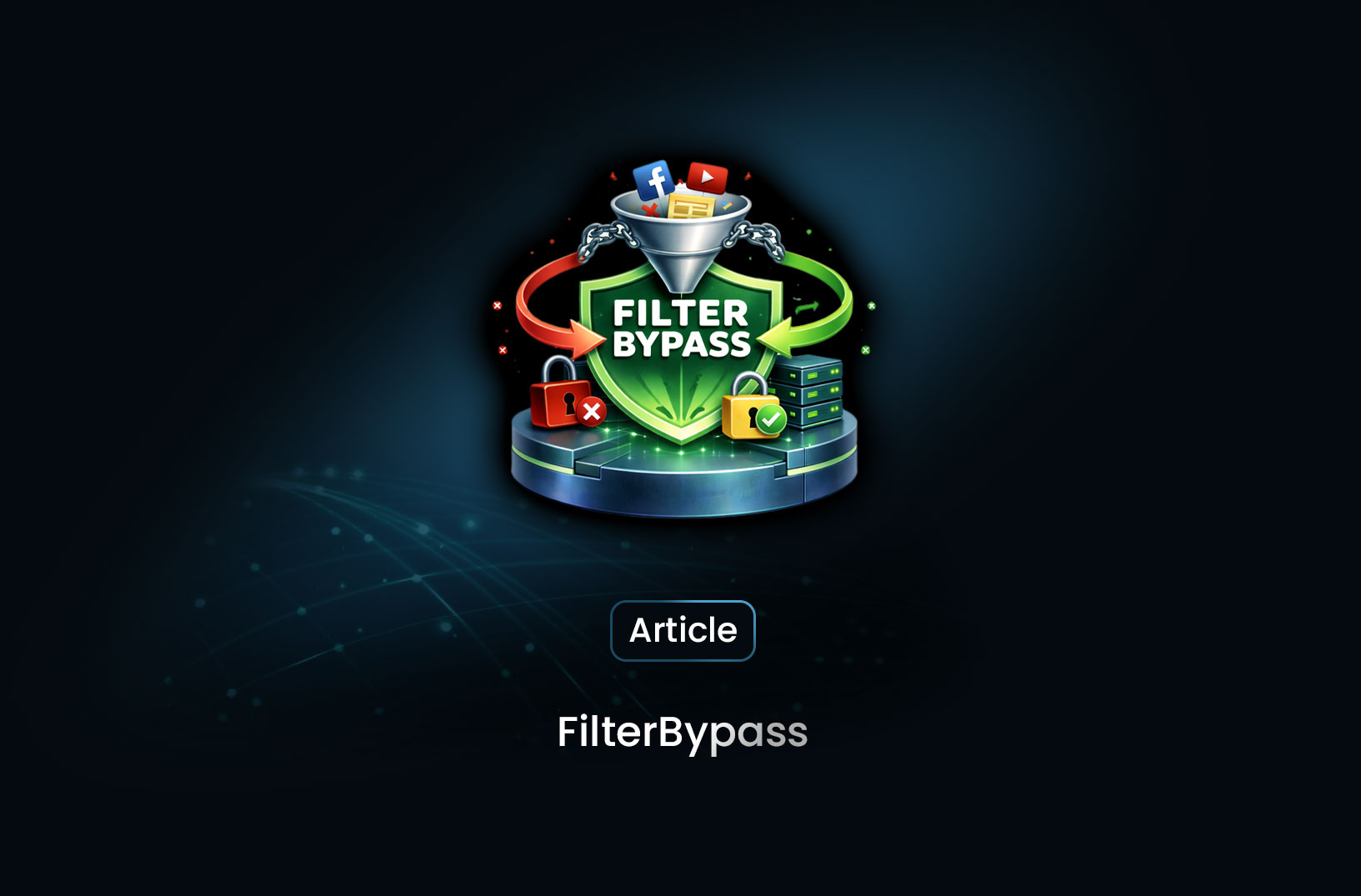
Data Harvesting: Automating Information Collection
ArticleData harvesting, also called web scraping, is the automated collection of large volumes of data from various online sources.
Businesses generate and consume vast amounts of data daily to drive decisions and stay competitive. However, gathering this data manually can be overwhelming, especially when you need to pull information from various sources. That’s where data harvesting comes into play—a powerful technique that automates data extraction from websites and online platforms.
In this post, we’ll explain data harvesting, how it works, and how tools like MrScraper can help streamline your data collection, making it faster and more efficient for your business.
What is Data Harvesting?
Data harvesting, also called web scraping, is the automated collection of large volumes of data from various online sources. This process extracts specific information from websites, social media, APIs, or other digital platforms, which can then be organized and analyzed to uncover trends, insights, or opportunities. Unlike manual data collection, which is labor-intensive, data harvesting uses advanced algorithms and automation tools to gather data in real time, ensuring accuracy and efficiency continuously.
How Does Data Harvesting Work?
Data harvesting typically involves these steps:
- Target Identification: The first step is identifying the website or online source from which data will be collected.
- Data Scraping: Specialized tools, like MrScraper, automatically extract structured data from HTML or dynamic web pages.
- Data Storage: Once extracted, the data is formatted and stored in databases or spreadsheets, ready for analysis.
- Data Analysis: Businesses can then analyze the harvested data to make informed decisions, improve marketing strategies, and streamline operations.
Data Harvesting vs. Data Mining
While data harvesting and data mining are often used interchangeably, they are distinct processes. Data harvesting focuses on gathering raw data, while data mining involves analyzing that data to discover patterns, trends, and correlations.
- Data Harvesting: Extracts raw data from online sources.
- Data Mining: Analyzes and processes collected data to uncover actionable insights. These two processes often work hand-in-hand; after harvesting large datasets, businesses can apply data mining techniques to interpret the information.
Applications of Data Harvesting
Data harvesting has many practical applications across various industries:
- Lead Generation: Sales and marketing teams can use data harvesting to gather contact information and other relevant details from multiple websites, creating a robust database of leads.
- Competitive Analysis: By automating the collection of competitor pricing, reviews, and product details, companies can stay ahead of the competition and adjust their strategies accordingly.
- Market Research: Data harvesting tools can gather customer feedback, survey responses, and social media data, helping businesses understand market trends and consumer preferences.
- E-commerce Monitoring: E-commerce platforms use data harvesting to track product availability, competitor pricing, and market demand, ensuring they remain competitive in the marketplace.
The Legal and Ethical Aspects of Data Harvesting
While data harvesting offers significant benefits, businesses must approach it with care. Some websites have specific terms of service that prohibit automated scraping, while others may restrict access to certain data. It’s essential to check and comply with each website's legal guidelines before harvesting data. Fortunately, MrScraper provides built-in compliance features to ensure that your data collection practices align with legal standards, minimizing any risk of violation.
Why Use MrScraper for Data Harvesting?
When it comes to effective data harvesting, MrScraper stands out as a leading solution. Here’s why:
- User-Friendly Interface: With MrScraper's AI-powered ScrapeGPT, you don’t need technical skills to automate data extraction. Simply input a URL and provide an AI prompt, and the system will do the rest.
- Scalability: MrScraper supports large-scale data extraction, making it ideal for businesses with significant data needs.
- No-Code Integration: Seamlessly integrate harvested data into your workflows or export it in popular formats like JSON or CSV, making it easy to use in other applications.
- AI-Powered Automation: MrScraper’s AI handles complex tasks like scraping JavaScript-heavy websites, saving you time and effort.
Best Practices for Data Harvesting
Here are some key tips for efficient and ethical data harvesting:
- Respect Website Policies: Always ensure your data harvesting practices comply with the terms of service of the websites you’re scraping.
- Optimize Data Pipelines: Regularly clean and format the harvested data to improve the quality of analysis.
- Monitor Data Quality: Continuously monitor the integrity of your data to ensure consistency and accuracy.
Conclusion
Data harvesting is a powerful tool that allows businesses to automate the collection of vital information, saving time and resources. With platforms like MrScraper, even non-technical users can gather data efficiently from multiple sources, ensuring they have the information they need to stay competitive. Whether you’re in marketing, sales, or research, data harvesting provides the foundation for data-driven success.
Find more insights here

Scrape Bing Search: A Practical Technical Guide
Bing scraping blocked? Discover how to bypass rate limits and bot detection to extract URLs, titles,...

FilterBypass: Unblocking Restricted Sites in a Simple Way
FilterBypass is a free web proxy that acts as an intermediary between your browser and the target si...

YouTube.com Unblocked: Accessing YouTube When It’s Restricted
Learn how to access YouTube unblocked on school, work, or regional networks. Explore VPNs, proxies,...
